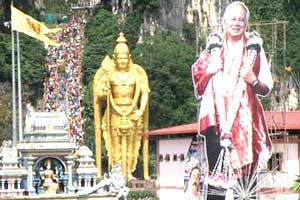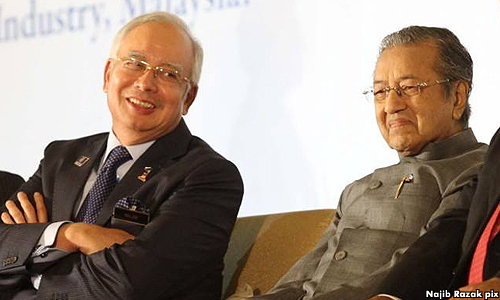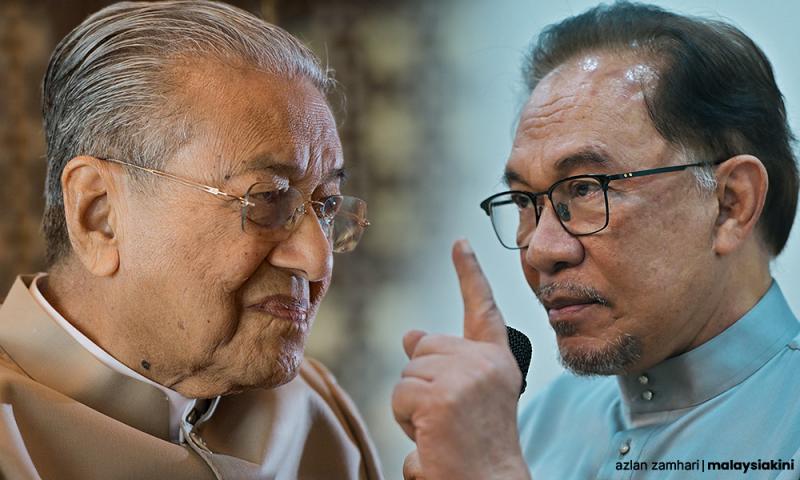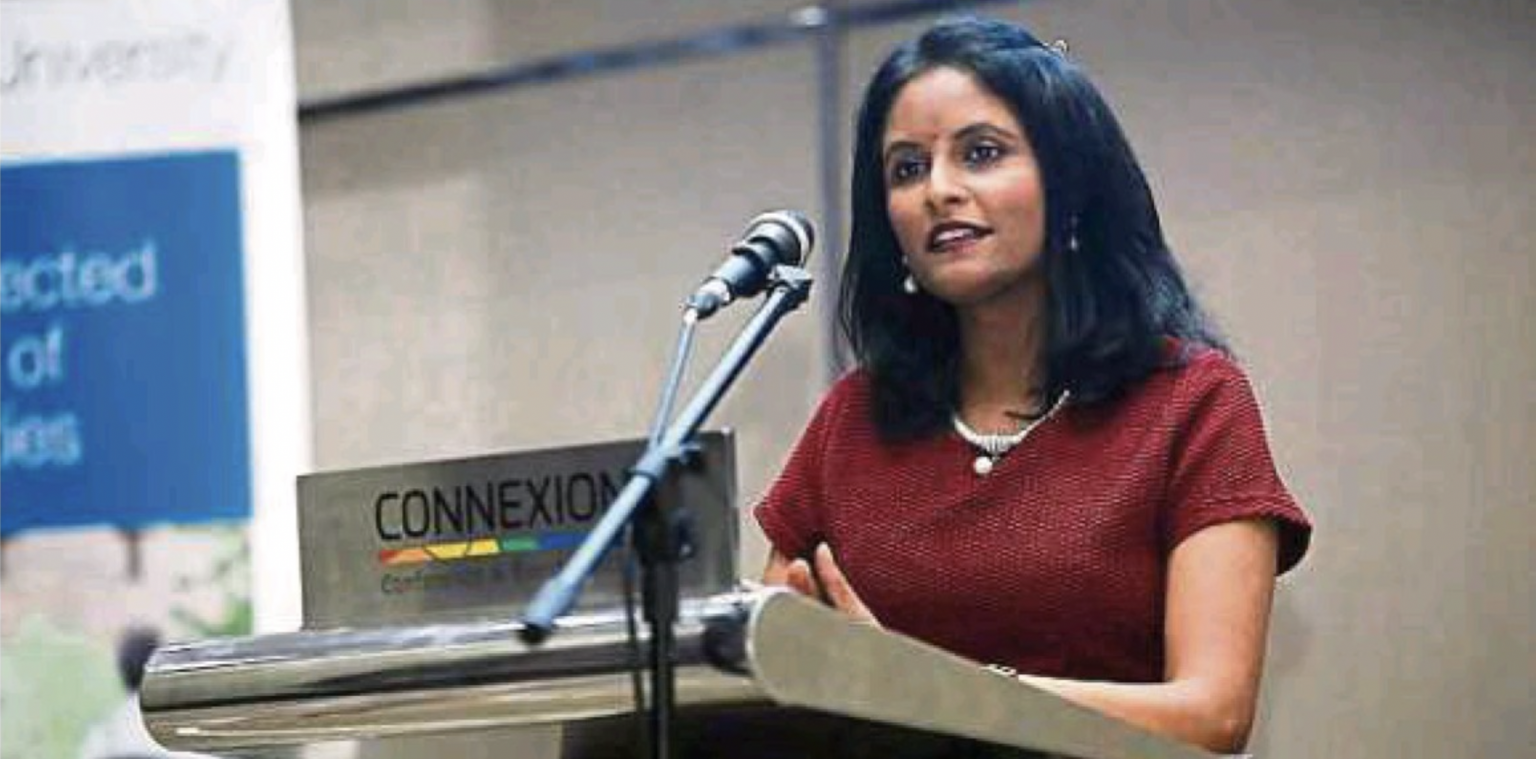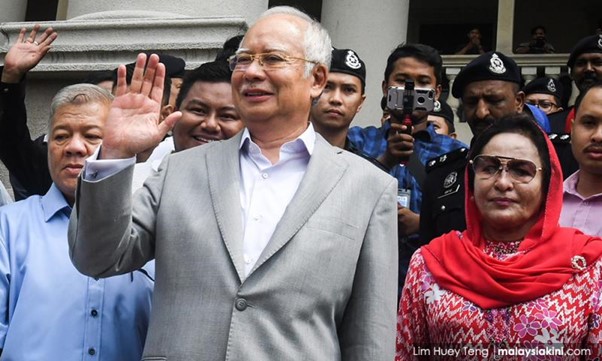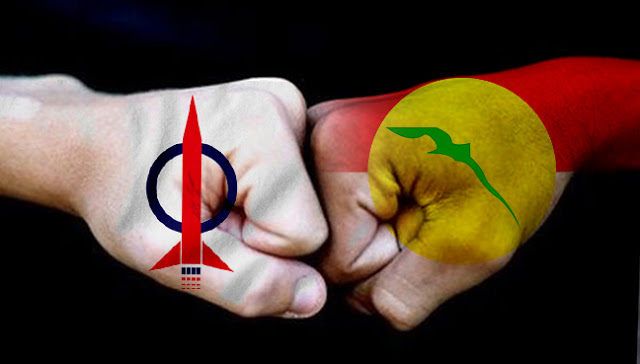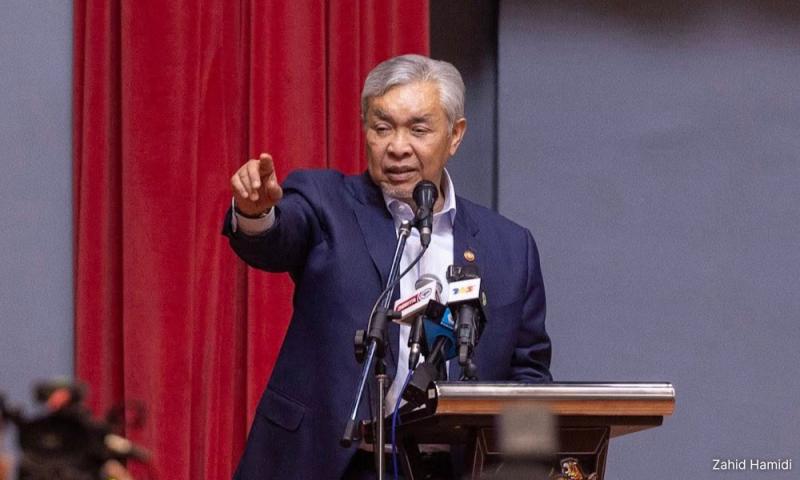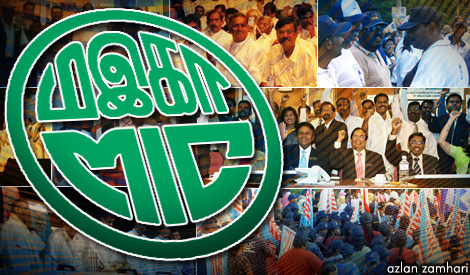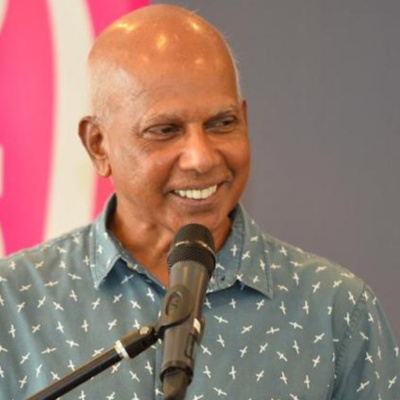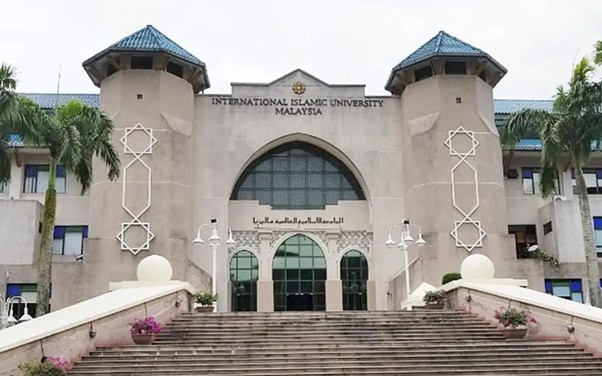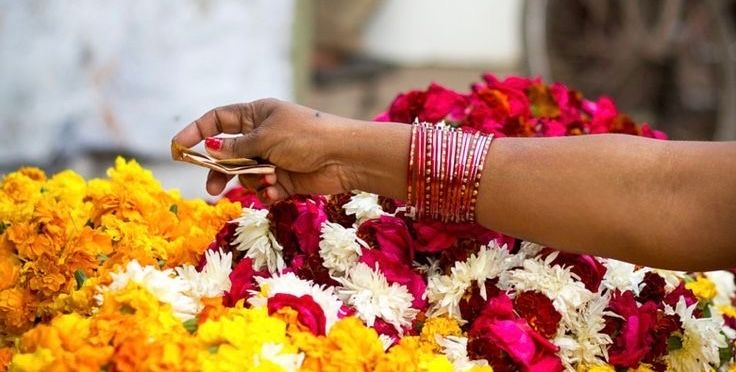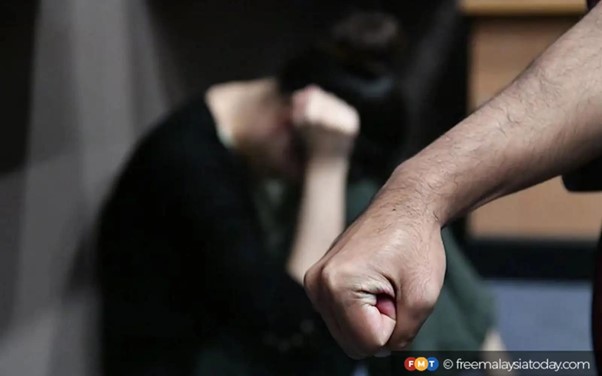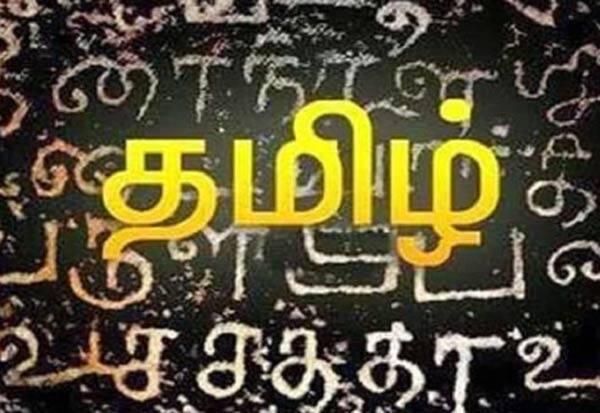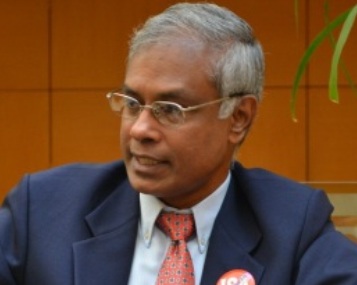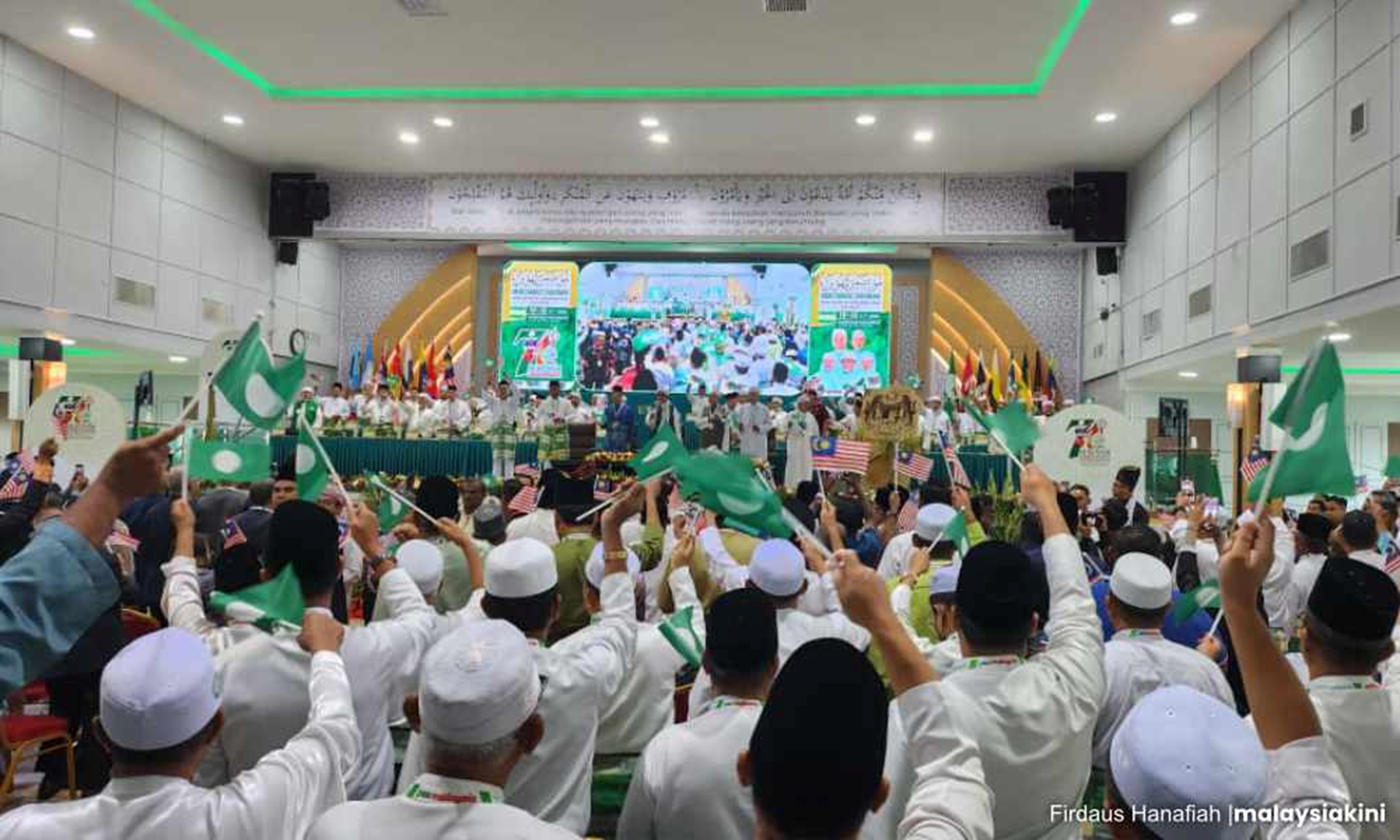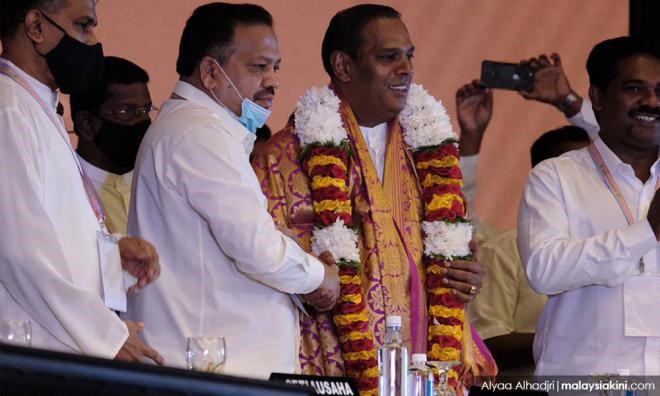–K. Siladass, May 6, 2016.
 Rooney Rebit is a Sarawakian. He was converted to Islam by his parents when he was eight years old. The parents were Christians but converted to Islam. Rooney applied to the National Registration Department (NRD) to change his Muslim name and also remove the word “Islam” from his MyKad. The NRD advised Rooney to obtain an order from Shariah court before it could deal with his application. Rooney applied to the High Court for judicial review of the NRD’s decision.
Rooney Rebit is a Sarawakian. He was converted to Islam by his parents when he was eight years old. The parents were Christians but converted to Islam. Rooney applied to the National Registration Department (NRD) to change his Muslim name and also remove the word “Islam” from his MyKad. The NRD advised Rooney to obtain an order from Shariah court before it could deal with his application. Rooney applied to the High Court for judicial review of the NRD’s decision.
In her judgement Judge Yew Ken Jie ruled that Rebit could not be considered to have officially embraced Islam; because it was not his choice to do so. But, when he converted to Christianity when he was 24 years old “he was mature enough to make a conscious decision.”
The learned judge pointed out that Rebit was “not challenging the validity of his conversion when he was a minor; but having attained the age of majority he is free to exercise his right of freedom to religion and he chose Christianity. An appeal had been lodged against the decision of Judge Yew Ken Jie. It is now reported that the Chief Minister of Sarawak Tan Sri Adenan Satem has brought Rooney’s case to the attention of the Prime Minister Datuk Seri Najib Razak, who has agreed to instruct NRD to withdraw the appeal. (see The Star – 3 May 2016 and Malay Mail – 3 May 2016)
No one can find fault with this course as it reaffirms as judge Yew has pointed out that it is a constitutional issue regarding his (Rooney’s) right to religious freedom. Such restrictions go against the Constitutional provision with regard to freedom of religion.
While it must be appreciated that the decision not to prosecute the appeal is a wise course, we can only hope that it is a move with the result of the Sarawak State Election in mind. From the legal point of view although it is a High Courts’ decision it is too early to say what other judges would do when such a case were to come before them. For the time being, since it is a High Court decision it will be a direction to NRD. By withdrawing the appeal the Federal Government will be deemed to have accepted the correctness of the law as stated by the learned judge consistent with the right to practise the religion one desires. If this is the correct view, then, will it apply to every Malaysian who wants to change his name and religion to the one he prefers? Or, is it a special privilege only applicable for Sarawakians, and most probably to Sabah?
As far as the States of Sarawak, Sabah. Malacca and Penang are concerned, the Yang di-Pertuan Agong is the head of Islam in these States. Therefore, it would seem that the Prime Minister could advise the Agong on any question involving Islamic matters in respect of these States. Could the Prime Minister use his good office to convince the Rulers that the right to choose one’s own faith as enshrined in Article 11 cannot be eroded by State legislations? Cases of this kind are very sensitive and if they are to go through the normal court procedural rituals it could take ages before they are heard and concluded. A legislative solution would be very useful.
Another point the Federal Government should address is the inordinate delay experienced in going through the normal court procedures. They take a long time. With the Fast Track procedure in place it may be thought that it is adequate but experience has shown its inadequacy in not rendering fast remedy, which is essential in cases of sensitive nature.
To deal with cases where constitutional provisions are being raised it should be appropriate to have a special constitutional court with leap frog provision so that rather than going through the normal appellate levels – Court of Appeal and then to Federal Court. Besides, the constitutional court, when hearing a dispute which raises constitutional issues should be a full Bench, and the judges constituting the constitutional court should be loyal to the Federal Constitution.



